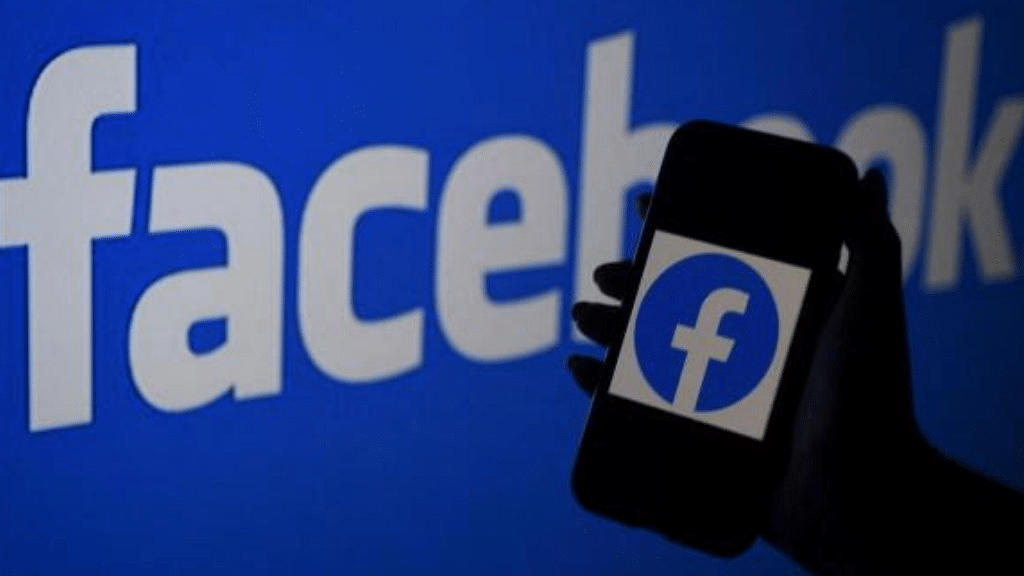
Facebook recently announced that it would shut down its facial recognition technology, which automatically identifies users in photos and videos, citing growing societal concerns about the use of such technology.
The removal will roll out globally and is expected to be complete by December, a Facebook spokesperson said.
What does the facial recognition software do?
The facial recognition software, which was introduced in 2010, automatically identifies people from photos and suggests users to “tag” them all with a click. The social media platform also provides its users with the option to be notified automatically, if and when they are tagged by someone.
Jerome Pesenti, the Vice President of Artificial Intelligence at Meta, the parent company of Facebook, on a blog post wrote that more than a third of active users opted for the feature. Pesenti added that the removal of the facial recognition feature will erase the data of almost a billion people’s individual facial recognition templates.
Facebook has one of the largest repositories of digital photos in the world, according to a report by The New York Times.
How will this affect Facebook users?
Once the facial recognition technology has been removed, people’s faces in memories, photos or videos will no longer be automatically recognised. Users will no longer be able to turn on face recognition for suggested tagging or see a suggested tag with their name in photos and videos they may appear in.
These changes will, however, be visible only to users who have opted for the Face Recognition in their profile setting. There will be no change for other users.
This change will also impact Automatic Alt Text (AAT), which creates image descriptions for blind and visually-impaired people. After this change, AAT descriptions will no longer include the names of people recognised in photos but will function normally otherwise.
Why is Facebook shutting down the Face Recognition system?
Stating that making this change required careful consideration, Pesenti said, "There are many concerns about the place of facial recognition technology in society, and regulators are still in the process of providing a clear set of rules governing its use. Amid this ongoing uncertainty, we believe that limiting the use of facial recognition to a narrow set of use cases is appropriate."
The company has been, for some time now, facing heat over issues pertaining to data privacy and user safety and its facial recognition system has been at the centre of various lawsuits and federal investigations in the US launched against it.
Earlier this year, Facebook paid $650 million (roughly Rs 4,780 crore) in settlement of a privacy lawsuit for allegedly using photo face-tagging and storing biometric data without the permission of its users. In 2015, Chicago attorney Jay Edelson had filed a lawsuit in Cook County Circuit Court, claiming that Facebook's use of facial recognition tagging violated the Illinois Biometric Information Privacy Act. According to the lawsuit, Facebook's Tag Suggestions tool, which scanned faces in users' images and made guesses about who they may be, retained biometric data without their knowledge, which is illegal in Illinois.
The Federal Trade Commission had also fined the company $5 billion in 2019 to settle privacy concerns, which included the facial recognition software.
What did the experts say?
The company's decision to discontinue this feature was lauded by privacy advocacy and digital rights groups. "For far too long Internet users have suffered personal data abuses at the whims of Facebook and other platforms. EPIC first called for an end to this program in 2011," said Alan Butler, the executive director of the Electronic Privacy Information Centre (EPIC). He further added that comprehensive data protection regulations were still needed.
Is Facebook the first company to stop the use of facial recognition technology?
No. Facebook is not the first to take a stand on facial recognition technology. Companies, such as IBM, Microsoft Corp and Amazon Inc, have also ceased selling their facial recognition softwares to law enforcement agencies.
Will it be replaced with something else?
Pesenti said Meta believes there are “a number of potentially positive use cases for facial recognition in the future” and it’s something the company will explore, but privacy, control and transparency will be front of mind.
“For each potential future application, we’ll continue to be public about its intended use, how people can have control over these systems and their personal data, and how we’re ensuring the technology lives up to our responsible innovation framework,” he said.
Watch the latest DH Videos here: